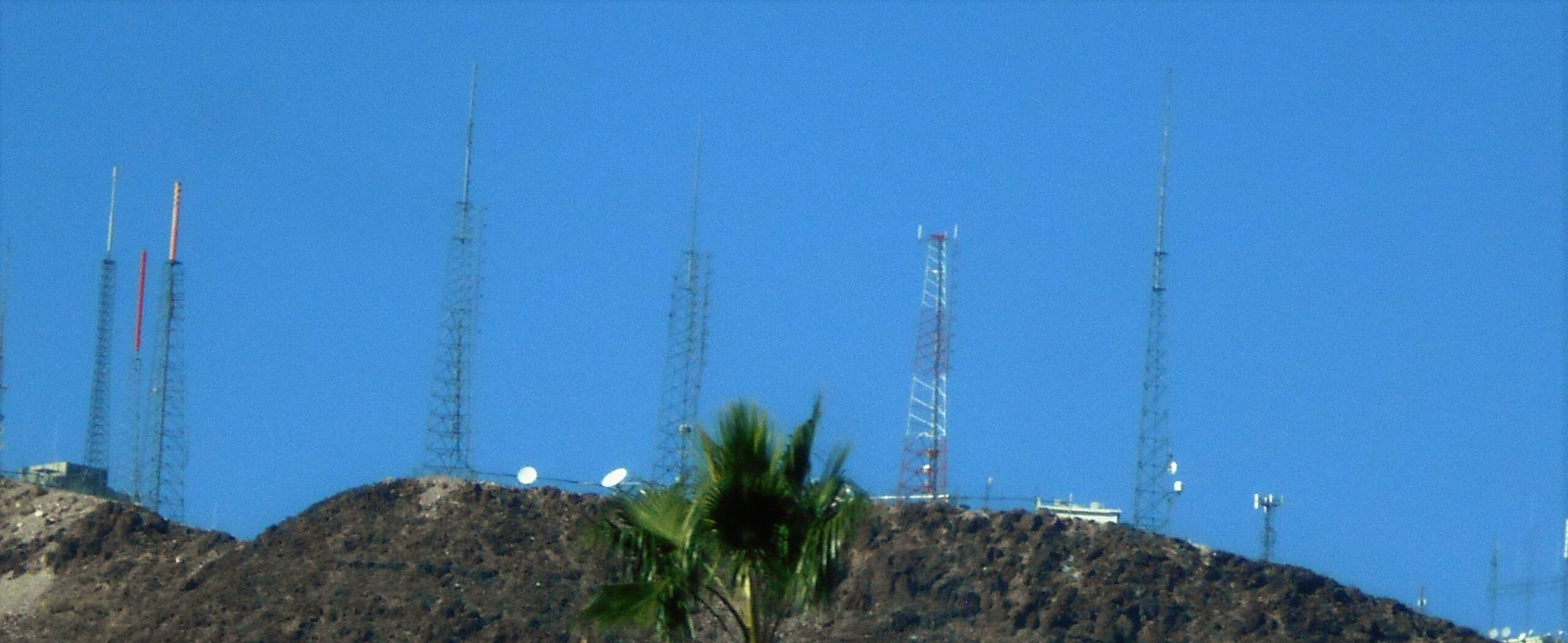Introduction
In an era characterized by rapid technological advancements, wireless telecommunications carriers play an integral role in the digital transformation journey. The telecommunications industry has to meet stringent requirements in areas like quality management, environmental impact, and information security. Pacific Certifications, accredited by ABIS, presents this comprehensive guide focusing on the importance of ISO certifications for wireless telecommunications carriers in the United States. This article delves into the applicable ISO standards, their requirements, and the associated benefits.
Applicable ISO Standards for Wireless Telecommunications Carriers in the US
ISO 9001: Quality Management Systems
One of the most globally recognized standards, ISO 9001 lays down the criteria for a quality management system. It is vital for wireless carriers to ensure consistent service quality, a factor heavily reliant on effective quality management systems.
ISO 14001: Environmental Management
Environmental responsibility is not just a regulatory necessity but also a corporate social responsibility. ISO 14001 helps companies minimize their environmental footprint and comply with legal requirements.
ISO 45001: Occupational Health and Safety
This standard is essential in providing a framework for establishing safe work environments, an absolute requirement for infrastructural projects such as the installation of wireless towers.
ISO 27001: Information Security Management
Given the sensitive nature of information flowing through telecommunications networks, ISO 27001 is increasingly important. It provides guidelines for information security management, crucial for protecting user data.
Requirements for ISO Certifications for Wireless Telecommunications Carriers in the US
Documentation
An organized and detailed set of documents that outline your processes and policies is the cornerstone of ISO certification.
Internal Audits
Before you can be certified, internal audits must be conducted to ensure your organization’s compliance with the chosen ISO standard.
Management Review
Senior management should engage in regular reviews of the system, ensuring its continuing effectiveness and making necessary adjustments.
Third-Party Assessment
An external audit will be conducted by an accredited certification body like Pacific Certifications. Successful completion of this audit will result in certification.
Benefits of ISO Certifications for Wireless Telecommunications Carriers in the US
Operational Efficiency
For example, ISO 9001 aids in streamlining processes which, according to a 2019 study published in the Journal of Manufacturing Systems, can lead to a 10% increase in operational efficiency.
Legal Compliance
Standards like ISO 14001 make it easier for carriers to stay in line with environmental laws, thus avoiding potential fines and legal repercussions.
Enhanced Security
Compliance with ISO 27001 has been shown to reduce the incidence of security breaches, according to a report by the Ponemon Institute in 2021.
Competitive Advantage
As per a survey conducted by ISO itself in 2020, over 60% of businesses reported an increased competitive advantage and 45% reported higher customer retention rates after ISO certification.
Conclusion
ISO certifications serve as a hallmark of quality, efficiency, and responsibility. Wireless telecommunications carriers in the United States can significantly benefit from becoming ISO-certified in various dimensions including quality management, environmental responsibility, and information security. Pacific Certifications, an ABIS-accredited body, stands ready to assist your organization through this critical process, ensuring compliance, effectiveness, and sustainable growth.
For more information on how Pacific Certifications can help your wireless telecommunications carrier attain ISO certification, contact us today.


